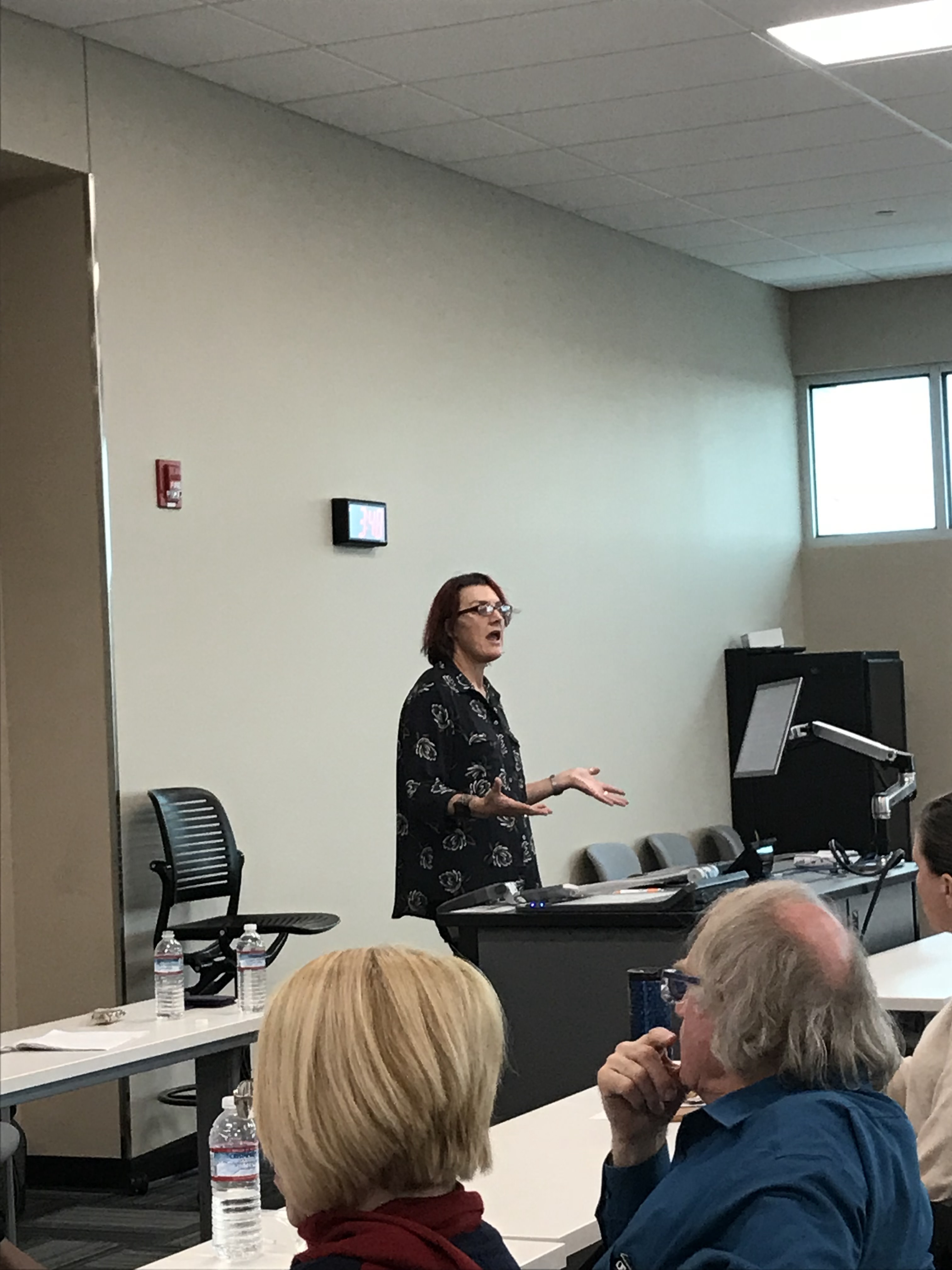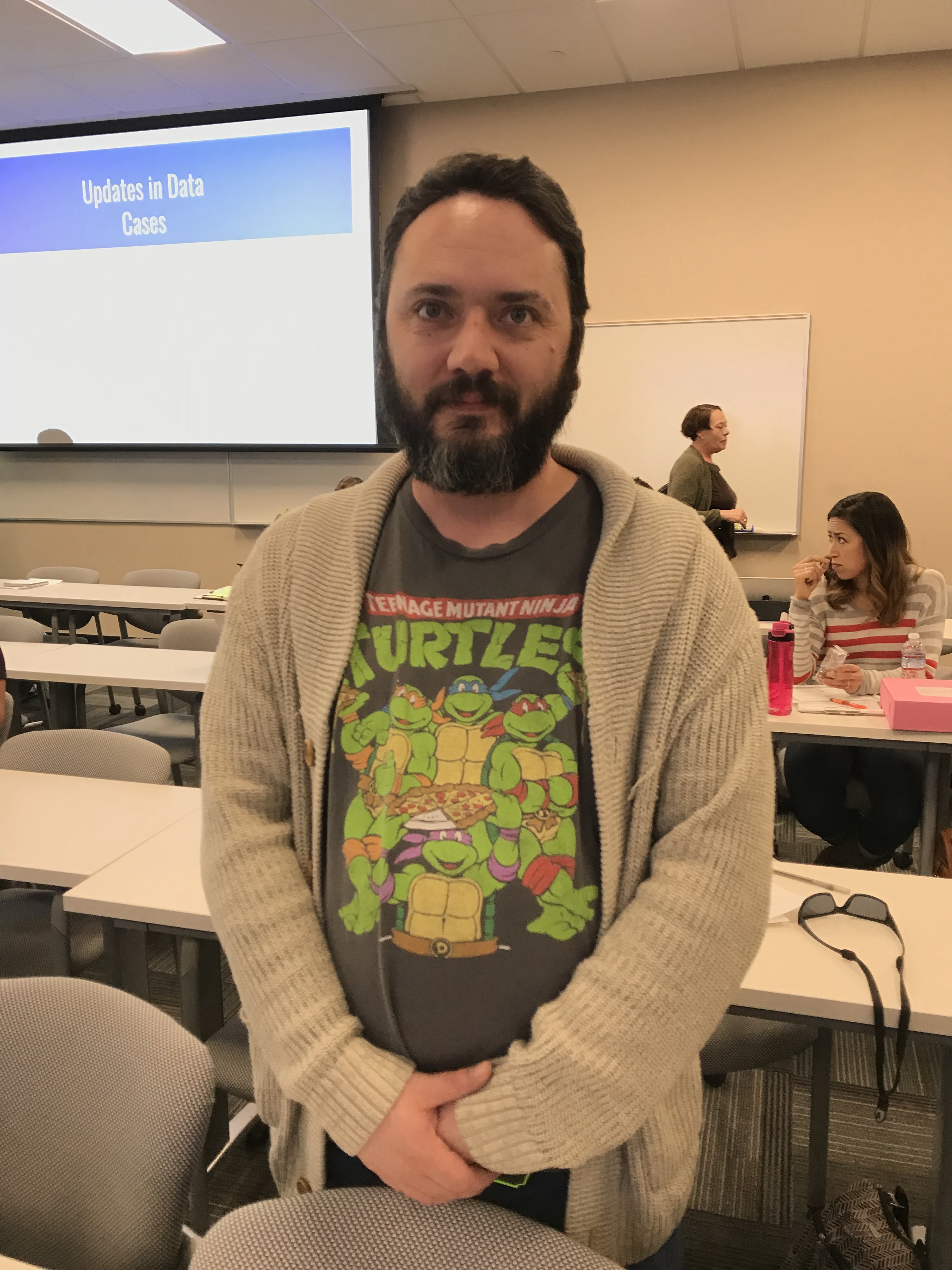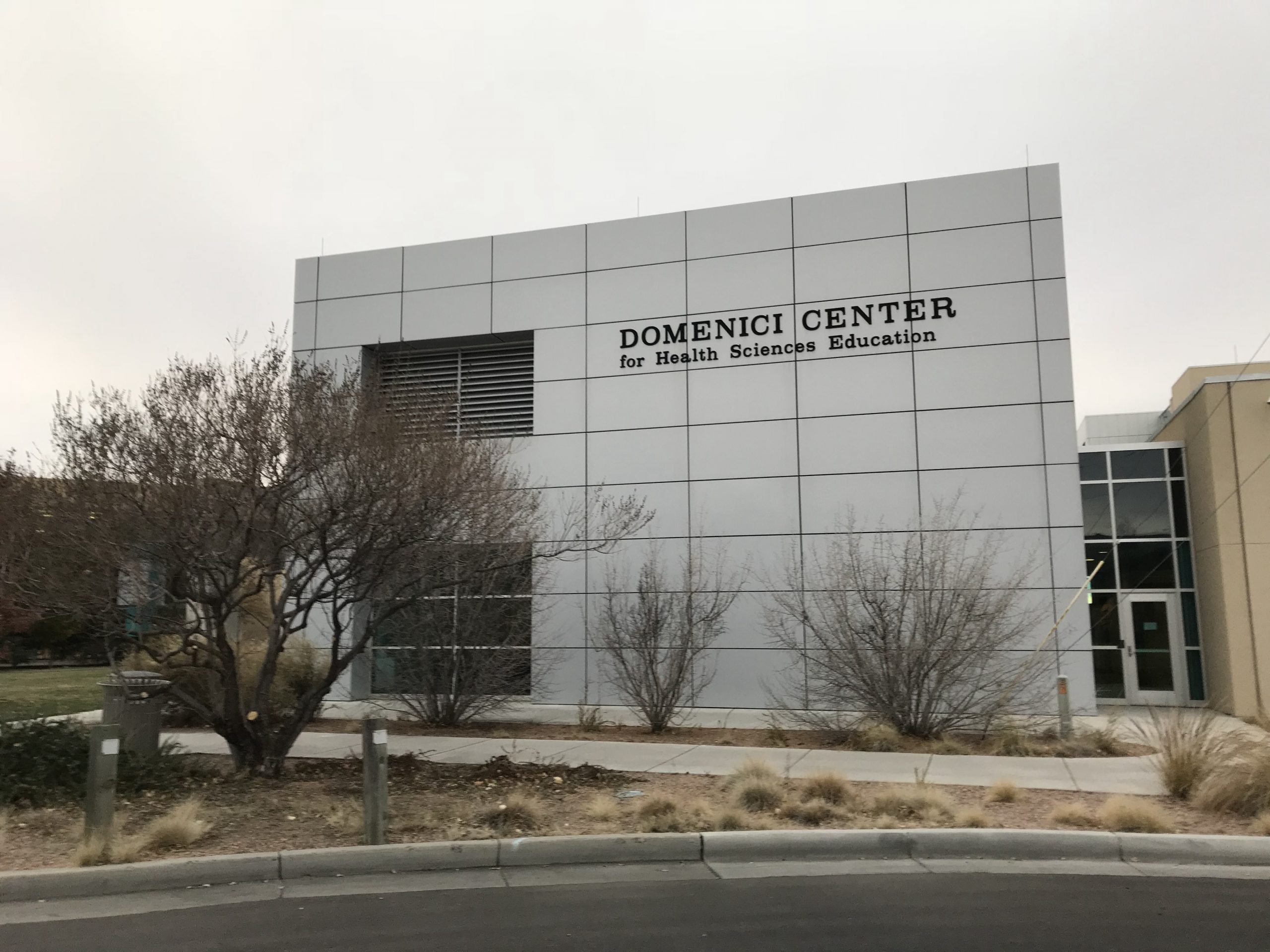Data suggest the United State’s healthcare system has work to do to improve the experiences of transgender youth. Experts gathered in Albuquerque on Nov. 29 to address the problem.
According to the 2015 U.S. Transgender Survey— the largest such survey conducted in the United States— 33 percent of transgender children who visited a healthcare provider in the prior year had at least one negative experience.
Twenty-three percent did not seek health care due to fear of mistreatment.
Some 50 caregivers from around New Mexico gathered at UNM’s Domenici Center on Nov. 29 for a training on the “Introduction to the Care of Transgender Children.” It was sponsored by the New Mexico Community AIDS Partnership (NMCAP) and the LGBTQ Diversity and Inclusion Center.
Guest speakers Michelle Forcier, MD and Jill Wagner, Licensed Independent Clinical Social Worker (LICSW) conducted a three-hour presentation— with the goal of increasing access and quality of care for transgender and gender-nonconforming children.

The event was designed for professionals working in a clinical setting, though it was open for anyone to attend. The topics ranged from statistical studies to biological factors such as (puberty blockers), which can cause the human body to experience continuous puberty changes.
The 2015 U.S. Transgender Survey reports that 39 percent have experienced psychological distress in the past year, compared to five percent of the general population. The percentage of transgender suicide has also elevated— 40 percent attempted suicide at some point in their lifespan.
Wagner says these numbers indicate the importance of the education on the topic, and it becomes even more serious when involving children. She said these bad experiences may be caused by simply using the incorrect pronouns for the patient, which in this case she recommends asking the patient.
Thomas Sanchez attended the training from southern New Mexico. He is employed by Clinica de Familia, a private, non-profit federally qualified health center in Dona Ana County.
“I work at a clinic with transgender children,” Sanchez said. “The more informed I am about them, the better.”
Santa Fe and Las Cruces public schools are in the process of establishing policies similar to those of APS.
“New Mexico has no current statewide policies or protections for transgender students,” Wagner said. “However, Albuquerque Public Schools has an anti-discrimination policy based on sexual orientation and gender identity.”

In 2017, New Mexico revoked the Senate Bill 121 in which asserted the use of conversion therapy for LGBTQ youth.
New Mexico has also incorporated prohibiting discrimination in employment, housing and public accommodations based on sexual orientation and gender identity.
Forcier and Wagner convey that understanding confidentiality laws and rules of the state is imperative. They provide trainings based on actual cases to better assist healthcare workers with precisely handling real life situations for children.
According to Forcier, open, honest communication is critical to healthy decision making when dealing with children who are exploring and defining their gender identity
